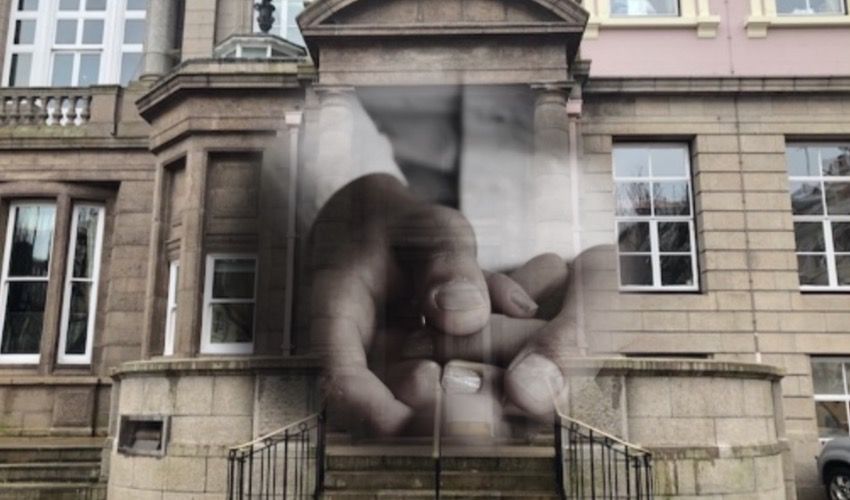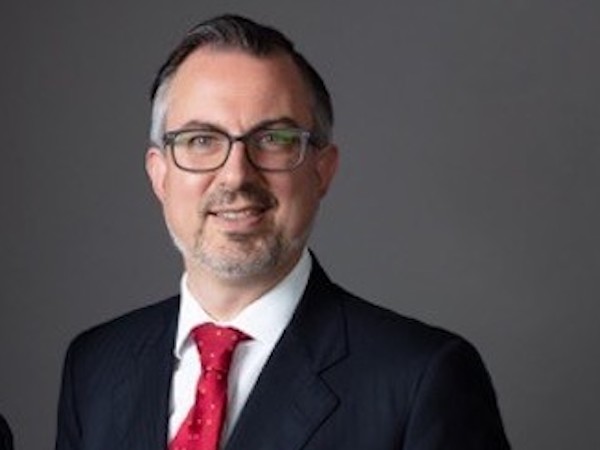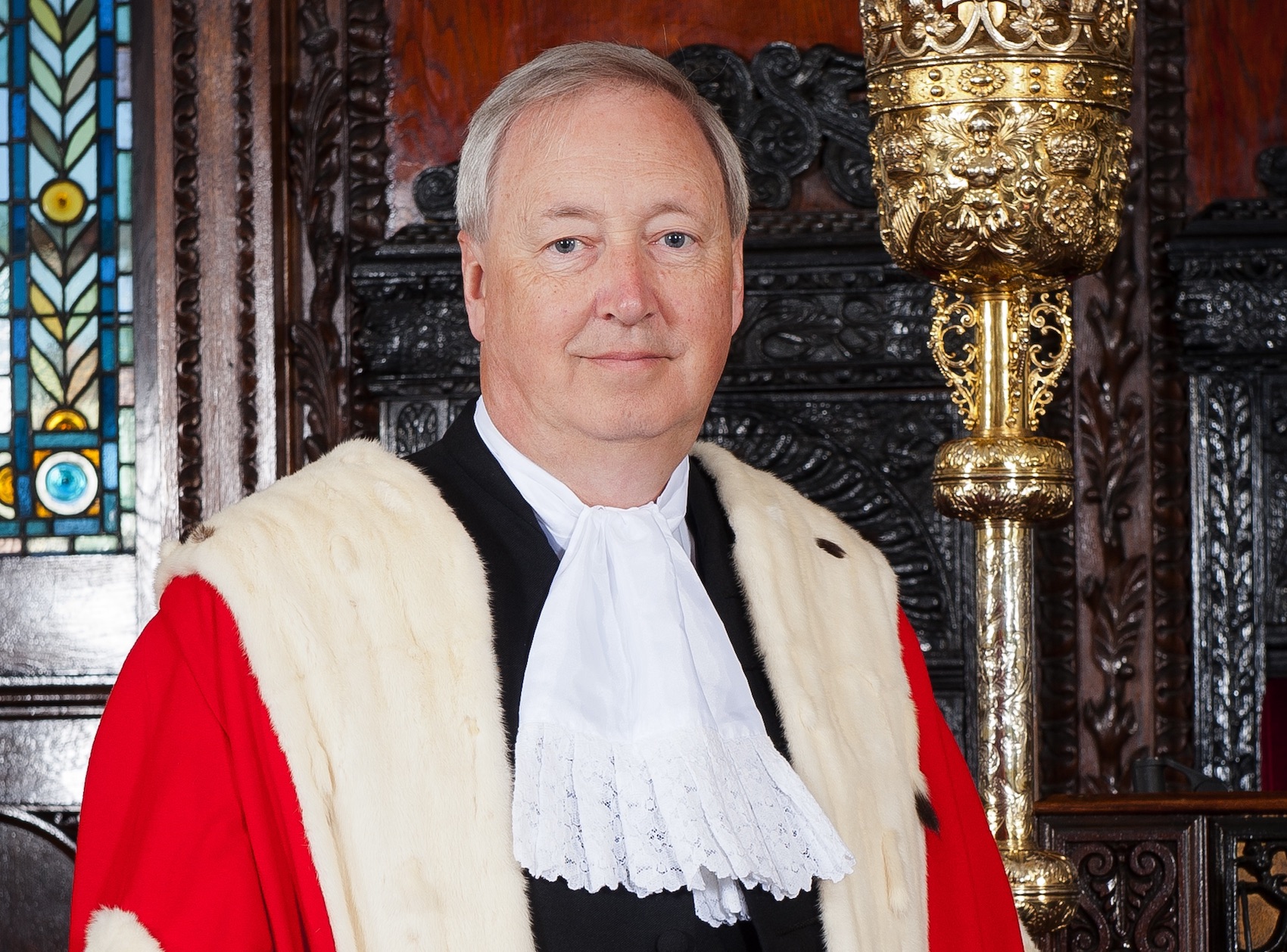

The Royal Court has blasted the Health Department for its “tick-box” approach to consulting with the parents of a hospitalised man with complex disabilities, as it handed down a rare medical judgment in favour of fitting him with a feeding tube.
Despite going against the family’s wishes, the Royal Court agreed with Health officials that doing so would be in the man’s “best interests”, but scolded the department for failing to work closely with his family to ensure they understood why the procedure was necessary.
Strong words were also levelled at the Consultant Neurologist in charge of the man's care, who, it emerged, had never read the law stipulating that a family's wishes must be sought if a patient cannot consent to a procedure.
The criticism came in a recently published judgment on the case, which was brought before the Royal Court by the Health Minister last month.
Appearing on behalf of the Minister and his department, Advocate Heidi Heath requested approval to fit the man with an internal tube on the basis that he did not have the communication ability to consent to the procedure himself.

Pictured: The Consultant Neurologist in charge of the man's care admitted that he had not read a key law.
But the man's parents strongly opposed the idea.
The man's mother said that she had lost faith in medical authorities following a number of "bad mistakes" in caring for her son.
"She no longer trusted them, and indeed she rather took the view that this was a test case which the doctors were bringing, simply because they could. She did not think they were well motivated and she thought some of them were incompetent," the Bailiff Sir William Bailhache – who heard the case alongside Jurats Ronge and Hughes – explained in his judgment.
Her son had previously been fed via a nasal feeding tube and, occasionally, by mouth – one of his few "pleasures".
Represented by Advocate David Benest, the mother submitted that the tube was unnecessary, stating that she would be willing to orally feed her child as many as seven times a day.
She added that she was concerned with risks associated with the procedure and that the resulting wound would take a long time to heal.

Pictured: Advocate David Benest was representing the parents.
The Bailiff said the Court was "impressed" with the level of care provided by the mother, who visited and left in "no doubt" about the parents' "love and compassion for their son".
However, having heard evidence from medical specialists, he concluded that fitting the tube involved "minimal" risk in return for a "substantial increase in his quality of life."
He concluded that it was "reasonable to assume" that the man would want to rid his "uncomfortable" nasal tube in favour of an alternative one, noting that it also had the advantage of allowing him to leave hospital.
"We are satisfied in addition that his present wishes and feelings would be to go home if that is at all possible, where he would have greater access to his parents and that this is not possible for as long as the [nasal tube] is his method of feeding," Sir William added.
While finding no fault with the hospital's medical judgment, the Bailiff said that the Court was, however, concerned by their administrative handling of the man's case and how his parents had been dealt with.

Pictured: Concerns were expressed that the decision to fit the tube had been informally agreed before consulting with the parents.
The Court noted that no independent capacity advocate was requested for the man – despite the conflicting views over how he should be cared for.
Concerns were also expressed that the decision to fit the tube was already informally agreed in late April before consulting with the parents.
The parents' views were only sought on one occasion after this in May – by a ward nurse manager, who recorded the mother's disapproval in the man's medical notes – before a professional meeting in which the official decision was taken.
"Unfortunately, we are left with the impression that there was a tick-box approach to obtaining the parents' views, perhaps in the knowledge that the parents would be unlikely to acquiesce in what was proposed," the Bailiff wrote.
"We understand that possibly the mother had expressed her reservations about a [feeding tube]... and indeed there was some difficulty from time to time between her and the medical staff in the hospital when she expressed her views, perhaps rather forcefully, in relation to the treatment which her son was getting. It seems to us that it would have been better if the parents had been invited to the best interests decision meeting. It would have enabled the medical authorities to express carefully the reasons for their recommendations, and it would have enabled the parents to have expressed carefully their objections including both the medical and emotional points which they wished to raise.
"It would seem from the paperwork that for all practical purposes the best interests decision had been taken several weeks before, and it was then simply a question of completing the paperwork."

Pictured: The Bailiff said the hospital's approach did not appear to follow the "spirit" of the Capacity and Self-Determination Law.
The court also expressed its "surprise" upon learning that the Consultant Neurologist that had been in charge of the man's care for as many as five years had "no great knowledge" of the Capacity and Self-Determination Law.
Overall, the hospital's approach, the Bailiff said, did not appear to follow the "spirit" of the law, which "requires the views of the patient to be identified where possible, which almost certainly will involve identifying and respecting the views of the immediate family."
Sir William explained: "Proceeding in that way does not necessarily mean that the best interests decision will reach a different conclusion, but it should mean first of all that the family is better placed to understand what is being proposed and secondly that at least in some cases the medically based best decision will not in fact turn out to be the best decision in the interests of the patient in accordance with the 2016 Law.
"This is very difficult territory, but we earnestly recommend that the hospital authorities give some further thought to these comments for use in the future."
Comments
Comments on this story express the views of the commentator only, not Bailiwick Publishing. We are unable to guarantee the accuracy of any of those comments.